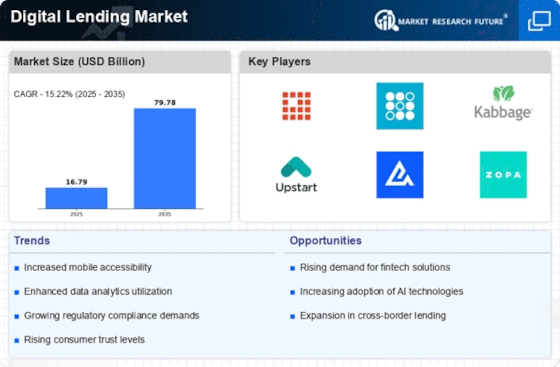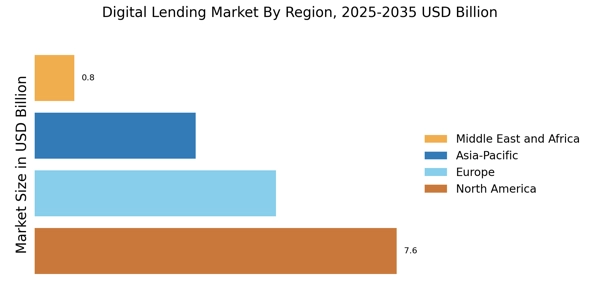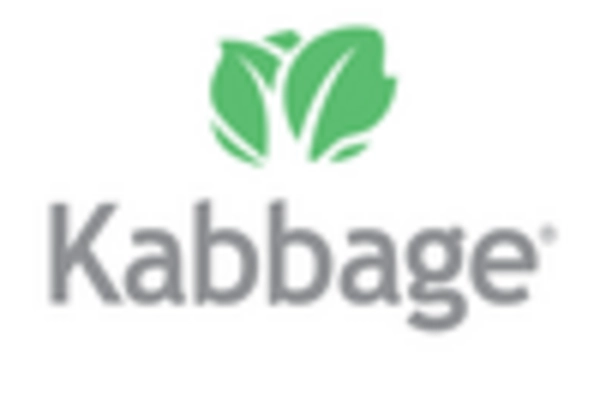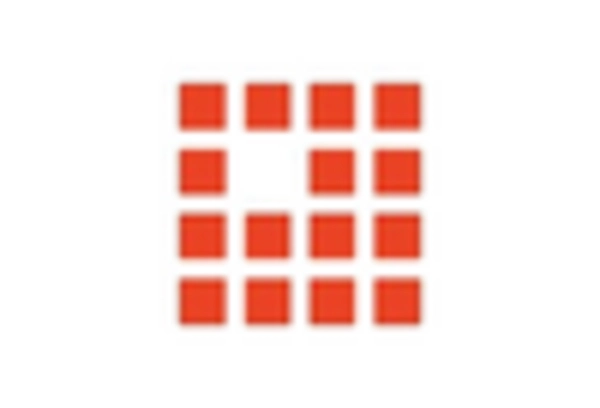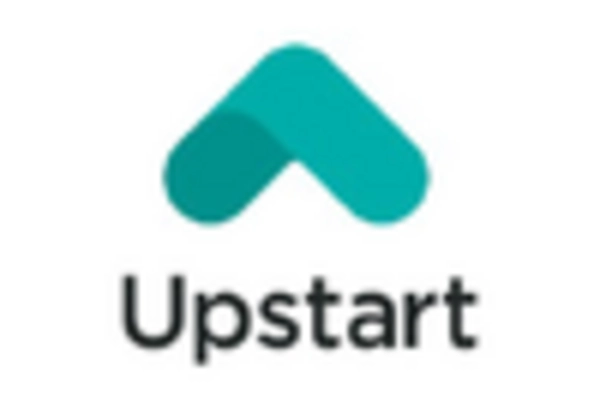Economic Factors
The Digital Lending Market is also shaped by various economic factors that influence borrowing behaviors. Fluctuations in interest rates, inflation, and overall economic stability play a crucial role in determining consumer confidence and lending activity. For instance, lower interest rates typically encourage borrowing, leading to increased demand for loans. Recent economic analyses suggest that as economies recover and stabilize, there may be a corresponding rise in lending activities. Additionally, the growing trend of financial literacy is empowering consumers to make informed borrowing decisions, further stimulating the Digital Lending Market. As economic conditions evolve, the industry must remain agile to adapt to changing consumer needs and preferences.
Regulatory Changes
The Digital Lending Market is significantly influenced by ongoing regulatory changes aimed at enhancing consumer protection and promoting fair lending practices. Governments are increasingly scrutinizing lending practices to ensure transparency and accountability, which can lead to a more stable market environment. For instance, recent regulations have mandated clearer disclosure of loan terms and conditions, thereby empowering consumers to make informed decisions. While these regulations may pose challenges for some lenders, they also present opportunities for those who adapt swiftly. By aligning their operations with regulatory requirements, companies in the Digital Lending Market can build trust and credibility, ultimately attracting a broader customer base.
Shift in Consumer Behavior
The Digital Lending Market is adapting to a significant shift in consumer behavior, characterized by a growing preference for online and mobile banking solutions. As consumers increasingly rely on digital platforms for their financial transactions, the demand for seamless and user-friendly lending experiences has intensified. Recent surveys indicate that over 70% of consumers prefer applying for loans online rather than visiting physical branches. This trend is driving lenders to invest in digital interfaces that enhance user experience and streamline the application process. Consequently, the Digital Lending Market is evolving to meet these expectations, focusing on providing innovative solutions that cater to the tech-savvy consumer.
Technological Advancements
The Digital Lending Market is experiencing a surge in technological advancements that enhance the efficiency and accessibility of lending services. Innovations such as artificial intelligence and machine learning are streamlining the loan approval process, allowing lenders to assess creditworthiness more accurately and swiftly. According to recent data, the integration of these technologies has reduced loan processing times by up to 50%, thereby increasing customer satisfaction. Furthermore, the rise of blockchain technology is fostering transparency and security in transactions, which is crucial for building trust among consumers. As these technologies continue to evolve, they are likely to reshape the landscape of the Digital Lending Market, making it more competitive and responsive to consumer needs.
Increased Demand for Alternative Financing
The Digital Lending Market is witnessing a notable increase in demand for alternative financing solutions. Traditional banking systems often fail to meet the needs of underserved populations, leading to a growing reliance on digital lenders. Data indicates that alternative lending platforms have seen a year-on-year growth rate of approximately 25%, as consumers seek quicker and more flexible financing options. This trend is particularly pronounced among small businesses and individuals with limited credit histories, who find it challenging to secure loans through conventional means. As the appetite for alternative financing continues to expand, the Digital Lending Market is poised to capitalize on this shift, offering tailored solutions that cater to diverse financial needs.


